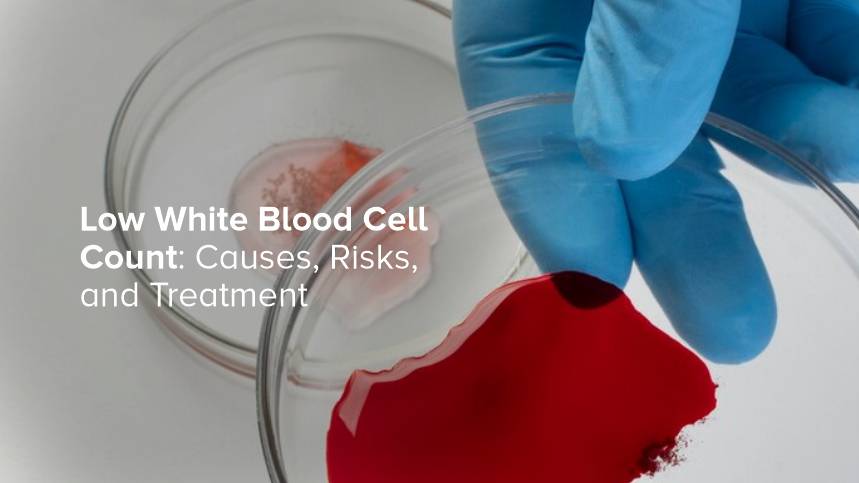


Condition
- Blood Disorders
- Blood Disorders
- Preventive Health Checkup
- Preventive Health Checkup
- Profile
- Kidney Disease
- Kidney Disease
- Diabetes
- Diabetes
- Heart Disease & Hypertension
- Preventive Health Checkup
- Lifestyle Packages
- Thyroid Disorder
- Diabetes
- Diabetes
- Diabetes
- Diabetes
- Diabetes
- Diabetes
- Diabetes
- Top tests
- Allergy
- Top tests
- Top tests
- Top tests
- Top tests
- Diabetes
- Top tests
- Diabetes
- Top tests
- Top tests
- Top tests
- Liver Disease
- Diabetes
- Top tests
- Vitamin Deficiency
- Top tests
- Top tests
- Liver Disease
- Top tests
- Top tests
- Top tests
- Anemia
- Anemia
- Anemia
- Diabetes
- Diabetes
- Anemia
- Top tests
- Top tests
- Top tests
- Preventive Health Checkup
- Thyroid Disorder
- Heart Disease & Hypertension
- Top tests
- Preventive Health Checkup
- Diabetes
- Heart Disease & Hypertension
- Top tests
- Fever
- Allergy
- Liver Disease
- Lifestyle Packages
- Heart Disease & Hypertension
- Top tests
- Arthritis
- Top tests
- Top tests
- Heart Disease & Hypertension
- Kidney Disease
- Preventive Health Checkup
- Allergy
- Top tests
- Lifestyle Packages
- Top tests
- Kidney Disease
- Top tests
- Lifestyle Packages
- Top tests
- Preventive Health Checkup
- Preventive Health Checkup
- Top tests
- Top tests
- Vitamin Deficiency
- Allergy
- Diabetes
- Top tests
- Top tests
- Top tests
- Top tests
- Heart Disease & Hypertension
- Allergy
- Top tests
- Preventive Health Checkup
- Top tests
- Top tests
- Infertility
- Top tests
- Lifestyle Packages
- Allergy
- Diabetes
- Heart Disease & Hypertension
- Lifestyle Packages
- Preventive Health Checkup
- Preventive Health Checkup
- Top tests
- Preventive Health Checkup
- Top tests
- Diabetes
- Top tests
- Infertility
- Top tests
- Thyroid Disorder
- Top tests
- Allergy
- Preventive Health Checkup
- Vitamin Deficiency
- Top tests
- Top tests
- Infertility
- Lifestyle Packages
- Diabetes
- Liver Disease
- Kidney Disease
- Vitamin Deficiency
- Top tests
- Heart Disease & Hypertension
- Heart Disease & Hypertension
- Top tests
- Heart Disease & Hypertension
- Heart Disease & Hypertension
- Heart Disease & Hypertension
- Infertility
- Heart Disease & Hypertension
- Vitamin Deficiency
- Vitamin Deficiency
- Arthritis
- Arthritis
- Top tests
- Top tests
- Lifestyle Packages
- Preventive Health Checkup
- Lifestyle Packages
- Preventive Health Checkup
- Vitamin Deficiency
- Top tests
- Lifestyle Packages
- Lifestyle Packages
- Preventive Health Checkup
- Top tests
- Preventive Health Checkup
- Top tests
- Heart Disease & Hypertension
- Infertility
- Top tests
- Top tests
- Preventive Health Checkup
- Lifestyle Packages
- Top tests
- PCOD
- Preventive Health Checkup
- Lifestyle Packages
- Preventive Health Checkup
- Top tests
- Fever
- PCOD
- Kidney Disease
- Top tests
- Top tests
- Preventive Health Checkup
- Preventive Health Checkup
- Liver Disease
- Thyroid Disorder
- Top tests
- Heart Disease & Hypertension
- PCOD
- Top tests
- Arthritis
- Preventive Health Checkup
- Kidney Disease
- Lifestyle Packages
- Top tests
- Allergy
- Top tests
- Top tests
- Diabetes
- Thyroid Disorder
- Preventive Health Checkup
- Top tests
- Lifestyle Packages
- Preventive Health Checkup
- Top tests
- Kidney Disease
- Liver Disease
- Infertility
- Top tests
- Anemia
- Top tests
- Top tests
- Top tests
- Preventive Health Checkup
- Bone Health
- Cancer
- Fatty Liver

Tests
Autoimmune disorders are a group of conditions where the immune system mistakenly attacks healthy cells in the body. These disorders can affect every part of the body and often have a devastating impact on patients' lives. The diagnosis of autoimmune diseases can be a long and frustrating process. Doctors usually use several diagnostic tests, including blood tests, to identify the disease. Blood tests are an essential tool used to diagnose autoimmune disorders accurately. Get ready to know about the blood tests for autoimmune disorders and what they can tell us about these diseases.
Blood tests play a critical role in the diagnosis of autoimmune disorders. These tests can detect the presence of specific antibodies in the blood that are markers for autoimmune diseases. Antibodies are proteins produced by the immune system that recognize and attack foreign substances like viruses or bacteria. In autoimmune disorders, antibodies mistakenly target healthy cells in the body, leading to inflammation and tissue damage. There are several types of antibodies that doctors commonly test for when diagnosing autoimmune disorders.
ANA (antinuclear antibody)
The most common blood test for autoimmune disorders is called an antinuclear antibody (ANA) test. This test looks for antibodies that attack the nucleus of cells, which is the cell's central structure. ANA antibodies are found in many autoimmune diseases, including lupus, autoimmune hepatitis, and Sjögren's syndrome. However, the presence of ANA antibodies alone is not enough for a diagnosis of an autoimmune disease. Further testing and evaluation are needed to confirm the diagnosis.
RF (rheumatoid factor)
Another blood test commonly used for autoimmune disorders is called the rheumatoid factor (RF) test. In this test, doctors look for the presence of antibodies that attack the joints. RF antibodies are found in rheumatoid arthritis and other autoimmune disorders that affect joints. However, like the ANA test, the presence of RF antibodies alone is not enough to confirm a diagnosis of autoimmune disease.
Anti ds DNA
In addition to these tests, doctors may also look for specific antibodies that are associated with specific autoimmune diseases. For example, there are antibodies called anti-dsDNA that are found in lupus. Anti-dsDNA antibodies attack double-stranded DNA molecules, which are found in the cell's nucleus. There are also antibodies called anti-SSA and anti-SSB that are found in Sjögren's syndrome and other autoimmune disorders that affect the salivary glands.
Conclusion
Blood tests are a crucial tool used in the diagnosis of autoimmune disorders. These tests can detect the presence of antibodies that are markers for specific autoimmune diseases, helping doctors to more accurately diagnose and treat these conditions. While a positive result on a blood test for an autoimmune disease is not definitive, it can help guide further testing and evaluation. If you have symptoms of an autoimmune disorder, it is important to talk to your doctor about your concerns and get the appropriate testing and evaluation. With early diagnosis and treatment, many autoimmune disorders can be managed effectively, improving the quality of life for those affected by these conditions.
WANT TO BOOK HEALTH CHECKUP ?
Categories
Blood Disorders
2
Preventive Health Checkup
26
Profile
1
Kidney Disease
8
Diabetes
20
Heart Disease & Hypertension
15
Lifestyle Packages
15
Thyroid Disorder
5
Top tests
68
Allergy
8
Liver Disease
6
Vitamin Deficiency
7
Anemia
5
Fever
2
Arthritis
4
Infertility
6
PCOD
3
Bone Health
1
Cancer
1
Fatty Liver
1
Recent Blogs
Low White Blood Cell Count: Causes, Risks, and Treatment
A low white blood cell count might not be something you think about often—until your...
28-04-2025
Low Hemoglobin? What Your CBC Test Says About Anemia
A Complete Blood Count (CBC) test offers a wealth of information about your health, often...
28-04-2025
The Role of Sputum Tests in Detecting Pneumonia
Pneumonia is one of the most common respiratory infections affecting millions of people...
28-04-2025







